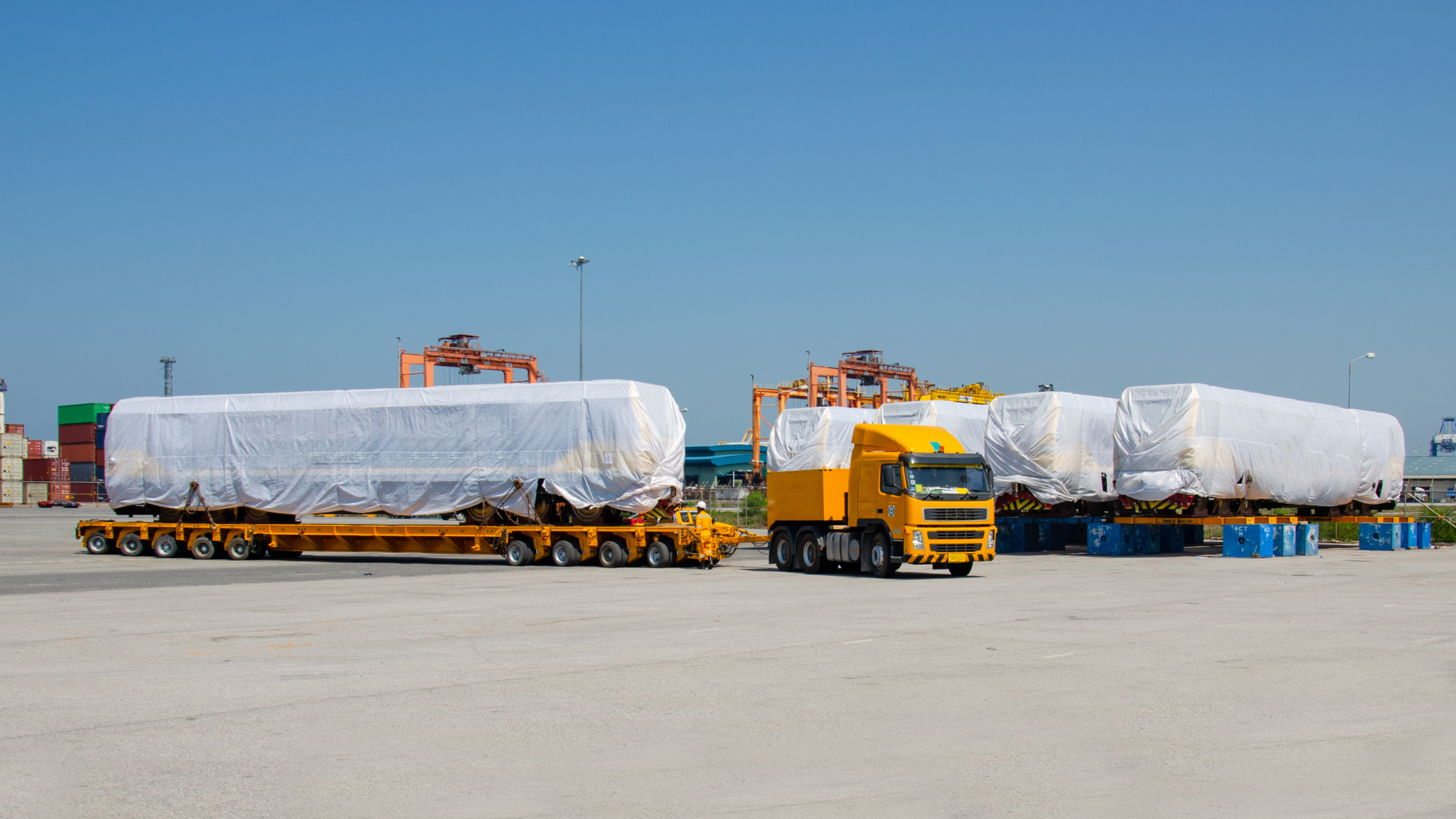Navigating the labyrinth of transportation regulations can be as daunting as steering a supersized rig down narrow roads. For truckers dealing with oversized freight loads, permit regulations are more than mere paperwork. They can be the difference between a successful, profitable transport and a legal quagmire that ends in penalties and delays. In this comprehensive guide, we’ll illuminate the shadowy corners of permit regulations to help truckers understand their impact, uncover what to expect, and reveal keys to effective compliance.
The Impact of Permit Regulations
Before we dive into the specifics, understanding the overarching environment of permit regulations is crucial. In the realm of oversized freight transportation, navigating the mire of permit requirements is not just about adhering to the law; it’s about strategically planning each haulage to avoid potential pitfalls that can catch the unwary off guard. Mastery of this process can spell the difference between profit and loss, efficiency and delay.
- Cost Implications
Permit regulations and the costs associated with them are substantial for operators running oversized freight loads. Each state has its own set of rules for what qualifies as an oversized load and requires a permit that can range from tens to hundreds of dollars. Furthermore, transporting loads without proper documentation can result in hefty fines and impound fees, making the investment in permits not only a legal requirement but also a financial imperative.
- Compliance Challenges
Staying abreast of the evolving web of permit requirements is a Herculean task. With regulations being updated frequently, it’s easy for drivers and operators to fall out of compliance unintentionally. The challenge not only lies in obtaining the right permits but also in ensuring that the transport adheres to the stipulations of each permit, which might involve specific routes, times, and even weather conditions.
- Operational Efficiency
A truck at a standstill spells operational disaster. Delays due to permit issues can ripple through an entire supply chain, impacting schedules, customer satisfaction, and the bottom line. On the flip side, a well-orchestrated transportation job that integrates permit planning can improve efficiency and provide a competitive edge, ensuring on-time delivery while minimizing transit and waiting times.
What You Should Know
- Navigating Permit Requirements: Understanding the permit landscape means staying informed. This involves regularly checking for updates and changes to the needed regulations. It also means understanding the intricacies of individual permits, from completing forms correctly to ensuring all necessary details are included. A thorough comprehension of size and weight limits, route restrictions, and any seasonal considerations will streamline the process.
- Streamlining the Permit Application Process: Time is money, particularly in the transport business. An efficient application process is vital, as it can mean the difference between starting a job on schedule and facing costly delays.
- Best Practices for Oversize Load Transportation: Preparation is key. Ensuring that all necessary permits are in place well before the transport ensures clarity and confidence for all involved parties. Utilizing the services of specialized permit companies for route consulting can greatly enhance the efficiency and reliability of your transport process. At the same time, regular communication with the permit issuer and other relevant authorities can build the relationships crucial to efficient transports.
- What Can Happen If Loads Are Transported Without Permits: Beyond the immediate risk of fines and impounding, there are knock-on effects that can tarnish a carrier’s reputation for reliability. A track record of infractions can lead to increased scrutiny, which in turn can lead to reduced business opportunities and, ultimately, a hit to the company’s bottom line. The long-term impact of negligence around permit regulations can’t be overstated.
Optimizing Operations
Understanding and effectively managing permit regulations is a non-negotiable aspect of running a successful transportation business, especially for those dealing with oversized freight loads. Efforts spent on navigating the regulations can improve a company’s operational efficiency, save money in the long run, and establish a track record of adherence that can enhance business growth.
To ensure that the complexities of permit regulations don’t become roadblocks to your transportation operation, it’s essential to partner with a reliable permit company, such as Reliable Permit Solutions, LLC. By staying informed, preparing meticulously, and associating with the right support services, truckers can ensure that permit regulations enhance their operation’s success, rather than impede it.

